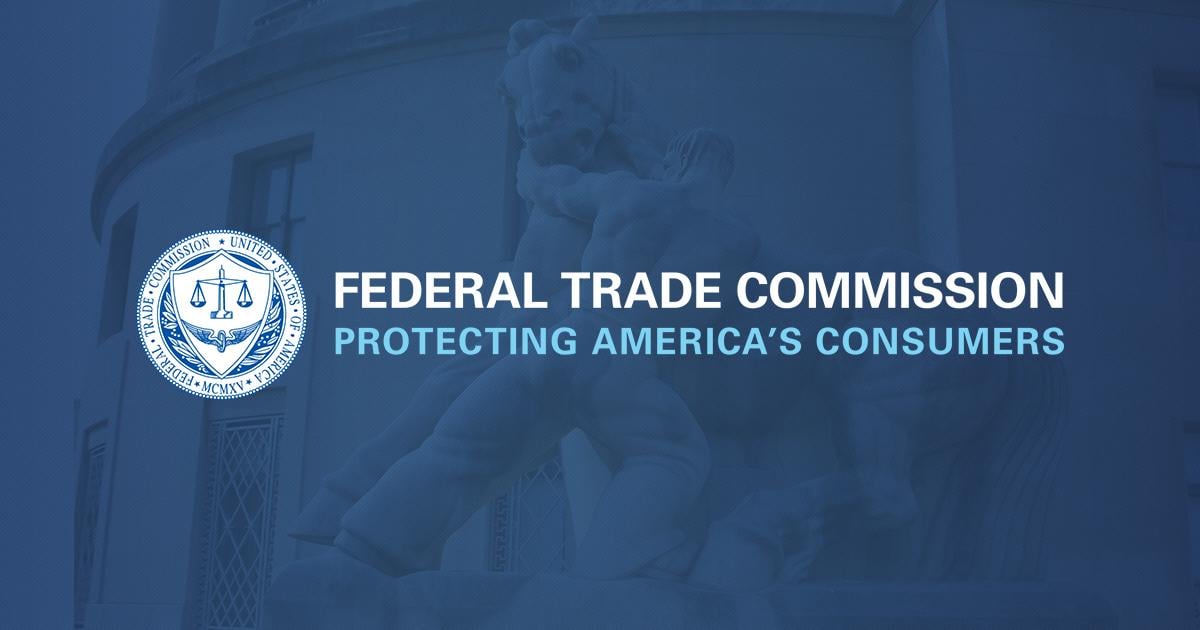- Joined
- Dec 15, 2005
- Messages
- 17,311
- Reaction score
- 27,193
- Points
- 8,756
- Location
- Home again
- Attending Physician
Dude. I've done five deployments and spent, in aggregate, several years of my life on active duty in combat zones. I've claimed the exclusion on my taxes a number of times over the last 20 years. (And in later years, came up hard against the cap because as a senior officer my taxable military pay exceeded that of the seniormost enlisted member.) I don't know what your military buddies told you or how you misunderstood them, but again, you don't have the first goddamn clue what you're talking about.Dude. I worked with tons of military people. There are flight logs federal officials can legally document to be tax free being in combat tax free zone.
The CZTE applies only to military service members. The IRS has a page that lists where these locations are. Ukraine isn't one of them, for reasons that should be obvious. "Congresspeople" aren't in the military and they aren't riding cargo planes anyplace to execute some kind of combat zone tax free stock trade. This myth is so mind-numbingly stupid on multiple levels I hardly know where to begin.
Military servicemembers have, indeed, been able to claim the exclusion for an entire calendar month merely by flying in and out of a combat zone. Stories abound of enlisted ground crew airmen hitching rides on cargo planes from Turkey or other places into Iraq and Afghanistan, in order to get the benefit.
US citizens working in combat zones, may, under some circumstances, be eligible for the Foreign Earned Income Exclusion, even if their permanent residence remains within the United States, but there are some other limits and requirements. The deduction is capped at about $100K. Federal employees are specifically excluded. So are military servicemembers (who get the CZTE). Notably, the "single day" bit that qualifies a military servicemember for the CZTE doesn't work for them. I think I've read that they need 330+ days in the zone to qualify but I'm not sure.
A few years ago a bill was introduced in the House that would have allowed civilians working in a combat zone to claim the CZTE, but I don't think it ever made it out of committee. It certainly isn't law. If nothing else, the fact that this bill was even introduced in the first place should clearly prove to you that civilians were not eligible for the CZTE benefit.
I never said it wasn't; and I am in fact aware of efforts to extend certain benefits to drone "pilots" in CONUS as if they were actually overseas. There's legislation in the works for all kinds of things. What's most interesting about all of those things is that they're utterly irrelevant to any discussion of current tax law.And yes. There is legislation in the works for the drones from remote locations as well.
The killer is that anybody with 10 minutes and an understanding of where to find Google could've learned all of the above, but you're so sure you know everything that it never occurs to you to question or fact check anything.
I don't really have high hopes that you'll absorb or understand any of this information either. Try firing up that home theater screen you fraudulently claimed as a business expense, pull up this post, spin up the font size real big, and read it again. Maybe that'll help.

